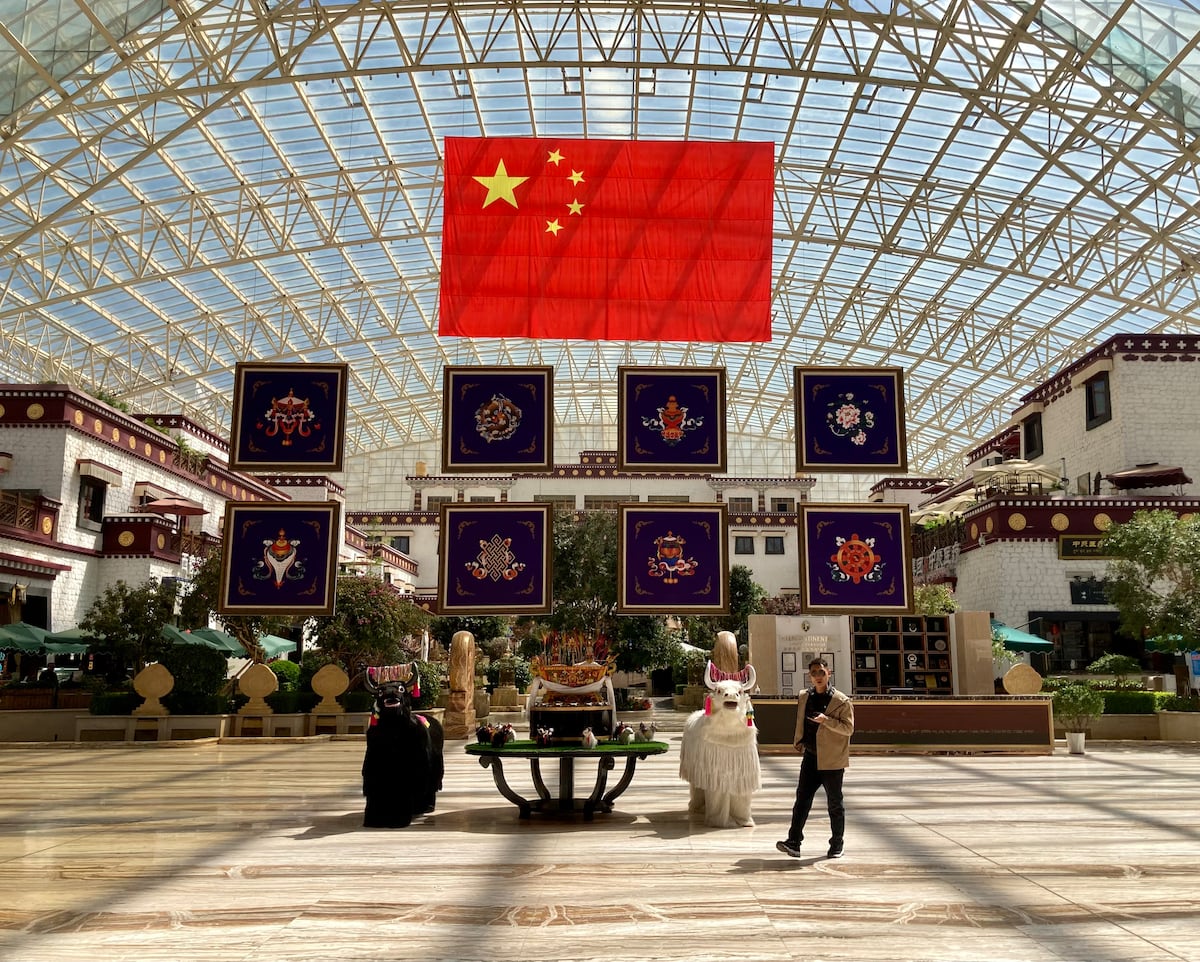
"The Potala Palace, shimmering against Lhasa's skyline, symbolizes the tension between Tibetan heritage and the pervasive presence of the Chinese Communist Party in the region."
"Below the palace, a ceremony marked the Day of the Liberated Serfs of Tibet, illustrating how narratives around liberation are constructed under Chinese rule."
"Tourists roam Lhasa while billboards featuring Xi Jinping underscore the Communist Party's dominance, serving as a reminder of the region's political realities and restrictions."
"Media visits to Tibet are tightly controlled, resulting in an atmosphere where the authentic voices of the Tibetan people are marginalized."
The article provides a vivid portrayal of the Potala Palace in Lhasa, a significant symbol for Tibetans and a reminder of the Dalai Lama's enduring exile after 1959. The ongoing presence of the Chinese Communist Party is emphasized through billboards and state-sponsored events, such as the ceremony commemorating the Day of the Liberated Serfs, showcasing an alternate narrative of liberation. Foreign journalists face restrictions, limiting their ability to access authentic Tibetan voices, illustrating the complexities and sensitivities surrounding Tibet's political landscape.
Read at english.elpais.com
Unable to calculate read time
Collection
[
|
...
]